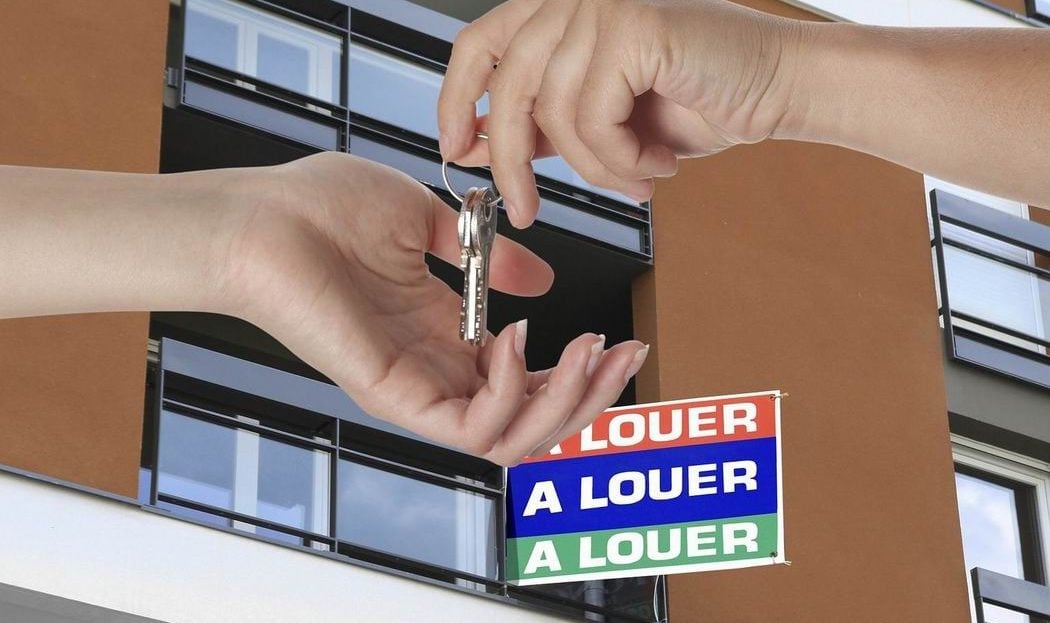If you’re thinking of becoming a tenant or landlord for the first time, there’s plenty to learn. We’ve scooped up some tips and advice to get you started.
Being a tenant
Finding a rental apartment or house where you’ll be happy can be a surprising amount of work. How much noise is there at different times of the day? Will laundry and parking cost you extra? What do you need to know about shared accommodation and its legal implications? Canada Mortgage and Housing Corporation’s comprehensive guide to renting a home will help you navigate the process. And because regulations governing landlord-tenant matters vary by province and territory, CMHC has also created handy fact sheets for each jurisdiction.
Are you further ahead renting a purpose-built (ie., standard) apartment or a condo? That depends to some extent on where you live, but if you subtract costs like laundry (an apartment may not have its own washer and dryer whereas a condo unit likely will) from the slightly higher rent you’ll pay for a condo, the actual cost of renting a condo may be only marginally higher than an apartment. Add in facilities like a gym and outdoor terraces that you don’t usually get with an apartment, and a condo may be a better deal. For more pluses and minuses of each, check here.
As a tenant, you’ll be limited in what you can do to decorate your apartment. Thinking outside the box – from turning a bookcase into a coat rack to using garden stools as coffee tables – lets you do a lot with a small rental space.
Renting is typically a necessary first step to independent living for a young person as he or she saves to buy a home. What about at the other end of the spectrum? If you’re at retirement age, consider the financial and other pros and cons of renting versus owning.
Being a landlord
Think you’d like to be a landlord? Make sure you’re doing it for the right reasons and that you have what it takes to be a good one, including being prepared for a 1 a.m. call about a broken water line and knowing that your profits, at least initially, may not be that great. You should start by asking yourself whether you’re even cut out to be a landlord and by becoming aware of common rookie mistakes.
You also need to become familiar with the Landlord & Tenant Board for Ontario. The body won’t necessarily solve a dispute the way you’d like, but you need to be familiar with how it works before you become embroiled in a disagreement with a tenant.
And don’t forget: If you’re renting out a space, make sure you know your prospective tenant before you sign the rental agreement. Using a standard tenant application form that requires information such as current employer and annual salary is an essential step. Also do a credit check and dig around on Facebook to make sure you’re not letting a party animal into your property. There are more valuable tips here for getting the right tenant.



